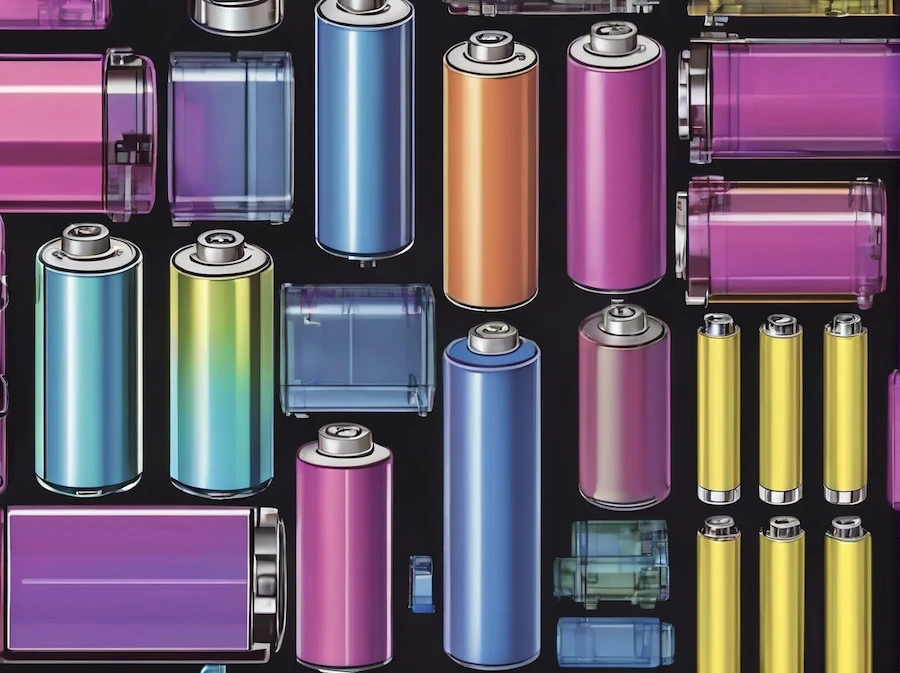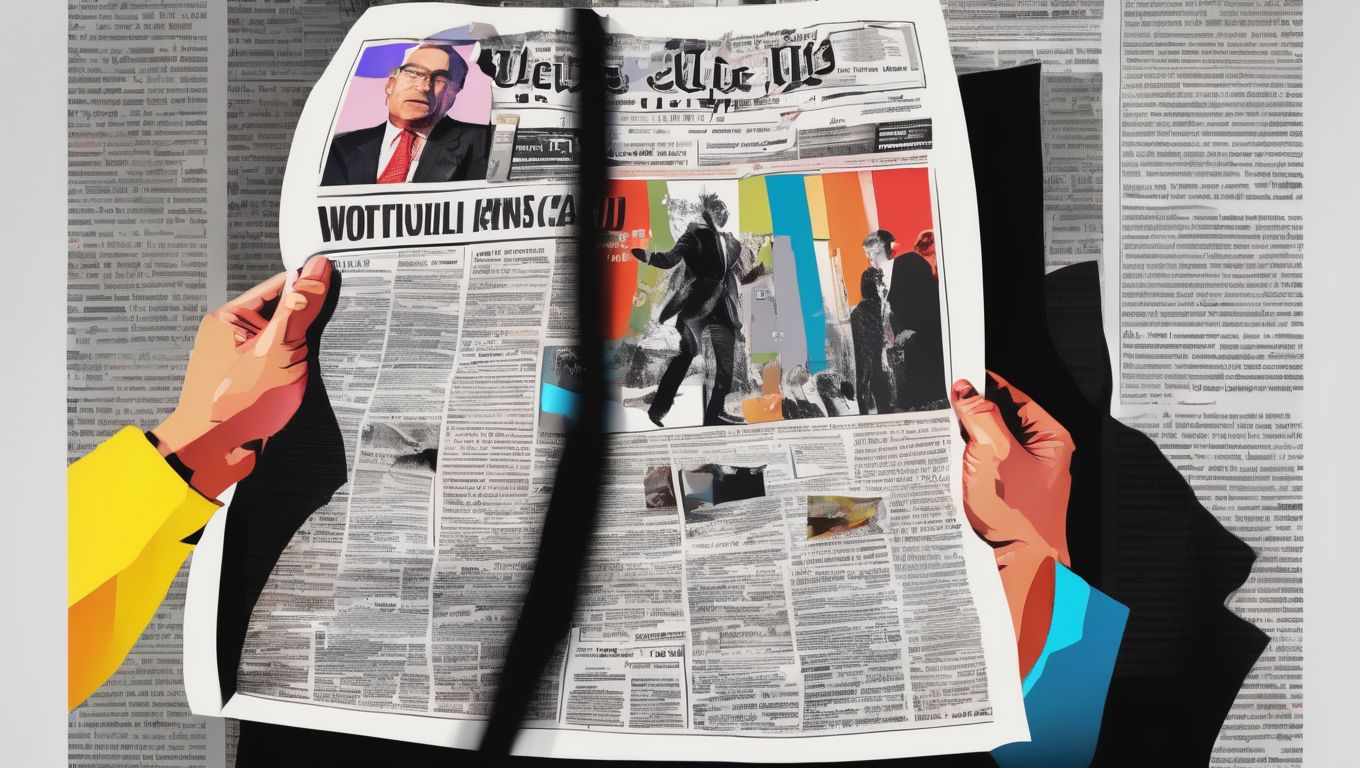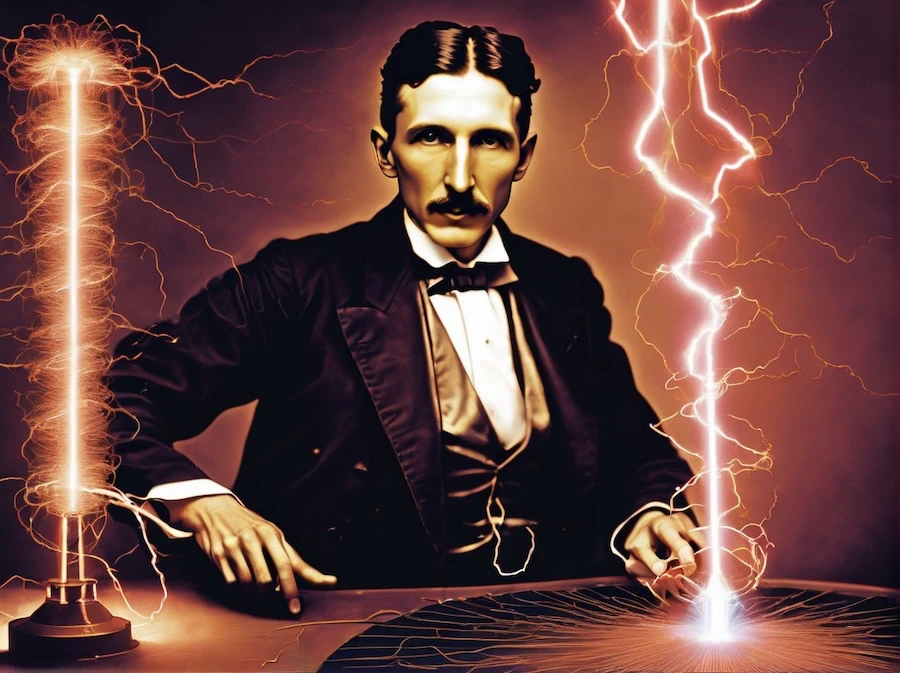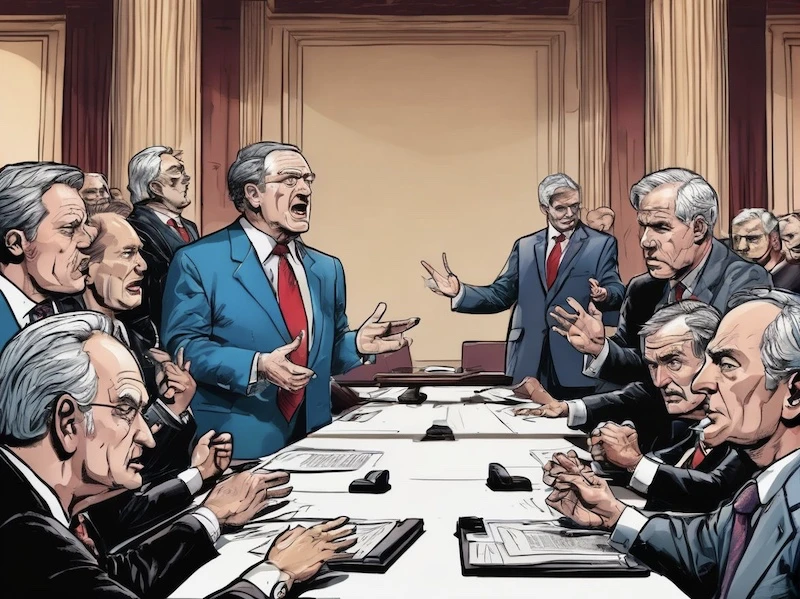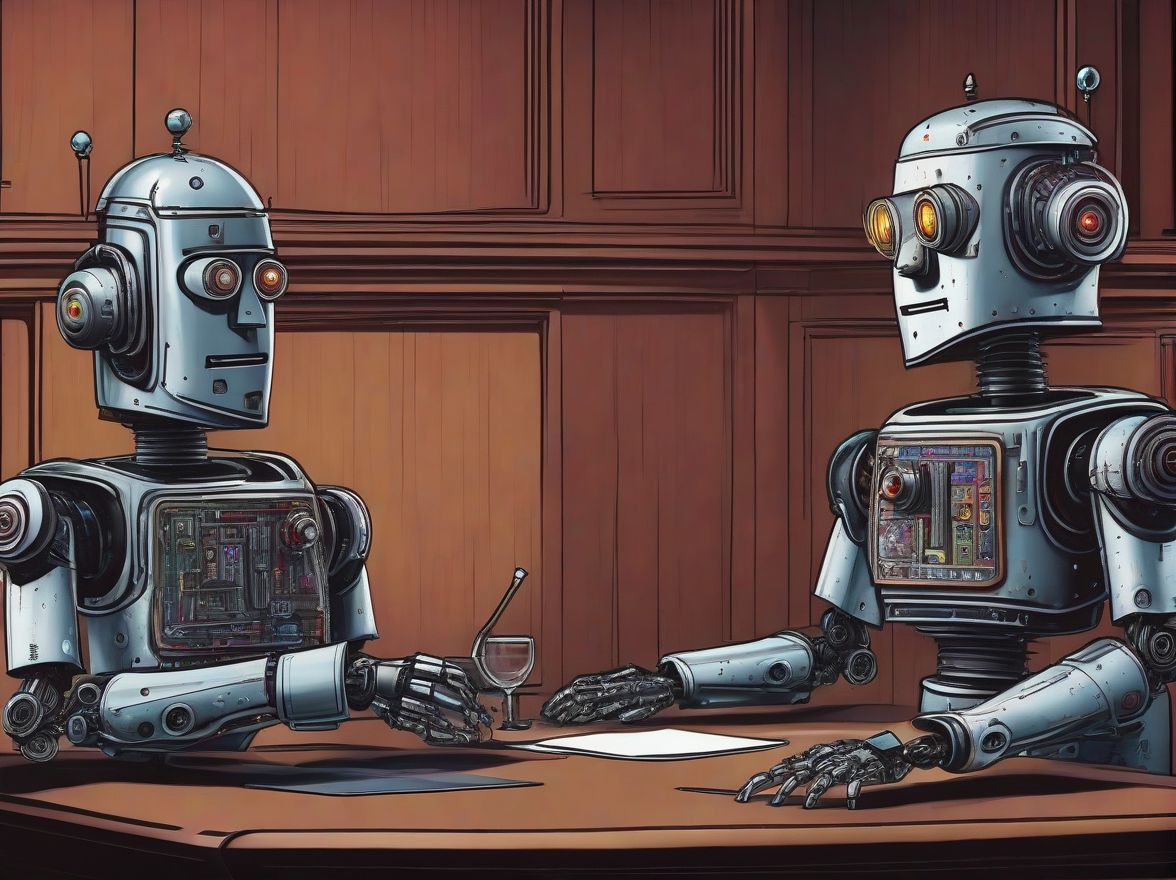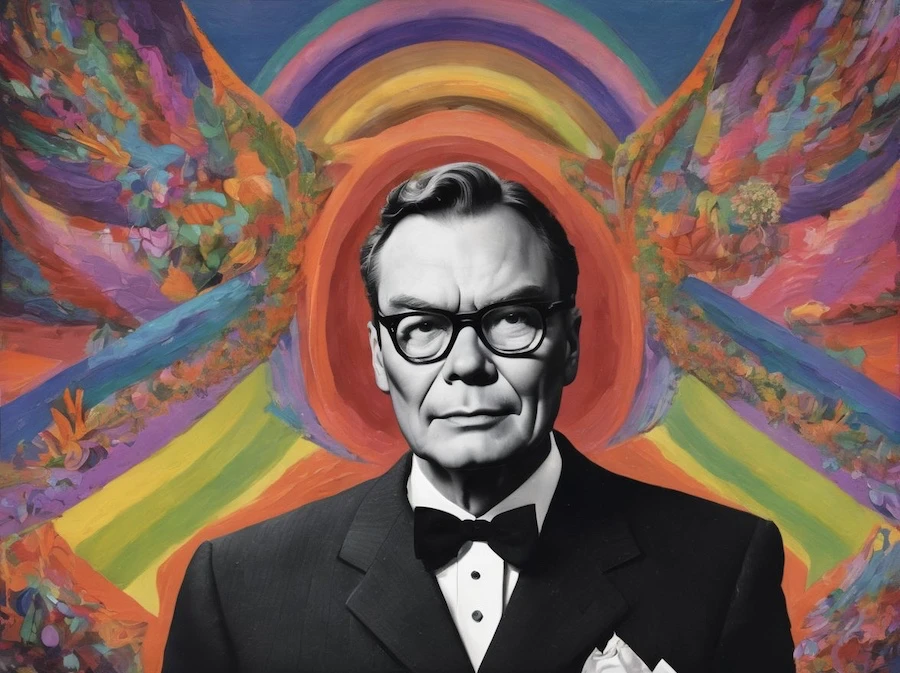September 13, 2023- 3RD OF 3
Network (1976): A Harbinger of Modern Media Madness
Paddy Chayefsky's 1976 film "Network" has long been hailed as a prescient critique of the media industry and corporate greed. While it may have been released over four decades ago, its themes and warnings resonate more than ever in our current media landscape. In an era where sensationalism, profit-driven journalism, and the blurring of entertainment and news have become the norm, "Network" remains eerily relevant. In this article, we'll explore how the film's portrayal of media manipulation, corporate greed, and the power of television directly correlates with the challenges and issues we face in today's media-saturated world.
Youtube
Media Manipulation
One of the central themes of "Network" is the manipulation of news for higher ratings. Howard Beale, the film's protagonist, becomes a sensationalist news anchor whose breakdown on live television is exploited by the network for increased viewership. Today, cable news channels and social media platforms frequently prioritize sensationalism over substance, contributing to the spread of fake news and divisive content. The film's depiction of the media's willingness to sensationalize and exploit personal crises mirrors the modern clickbait-driven news cycle, where the line between entertainment and journalism blurs more each day.
Corporate Greed
"Network" also delves into the corrosive effects of corporate greed on media ethics. The network executives in the film prioritize profit above all else, leading to a dehumanizing and unethical approach to news coverage. This corporate influence on news decisions is still a pressing concern today. Media conglomerates and their advertisers often dictate the news agenda, which can compromise journalistic integrity and result in biased or misleading reporting. The film's portrayal of ruthless executives willing to sacrifice truth for profits remains a stark reminder of the dangers of prioritizing financial gain over journalistic responsibility.
g-ad
Loss of Individuality
Howard Beale's transformation from a respected news anchor to the "mad prophet of the airwaves" highlights the loss of individuality in the media. In today's digital age, algorithm-driven content recommendation systems can trap people in filter bubbles, reinforcing their existing beliefs and stifling diverse perspectives. This loss of individuality extends beyond audiences to journalists themselves, who may feel pressured to conform to a specific narrative or ideology dictated by their media organizations.
The Power of Television
"Network" underscores the immense power of television in shaping public opinion and behavior. While television's dominance has been challenged by the internet and social media, the influence of visual media remains formidable. The film's message about the dangers of a medium that can shape collective consciousness and manipulate public sentiment is as pertinent as ever. Today, we see how viral videos, deepfake technology, and social media trends can sway public opinion and even impact political outcomes.
"Network" serves as a timeless cautionary tale about the media industry's potential to prioritize profit and sensationalism over truth and public service. As we navigate the challenges of our modern media landscape, where echo chambers, misinformation, and sensationalism thrive, the film's relevance has only grown stronger. It reminds us that the responsibility for maintaining journalistic integrity and seeking the truth lies with both media professionals and audiences. "Network" remains a vital cultural touchstone, urging us to critically examine the media we consume and the messages we endorse. It's a stark reminder that in the age of 24/7 news and social media, we must remain vigilant guardians of our information ecosystem to ensure that the lessons of this film are not lost in the chaos of the airwaves.


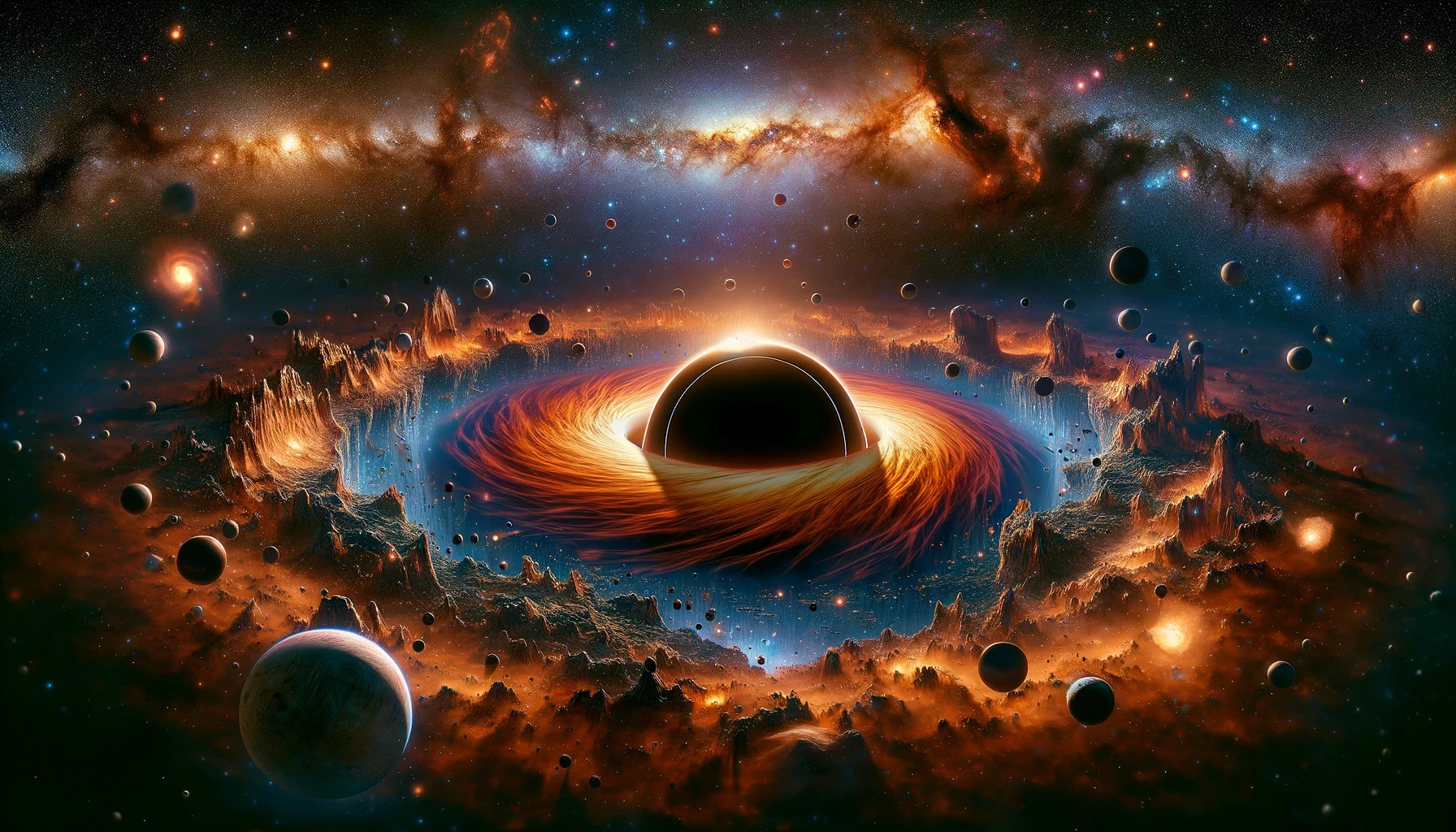








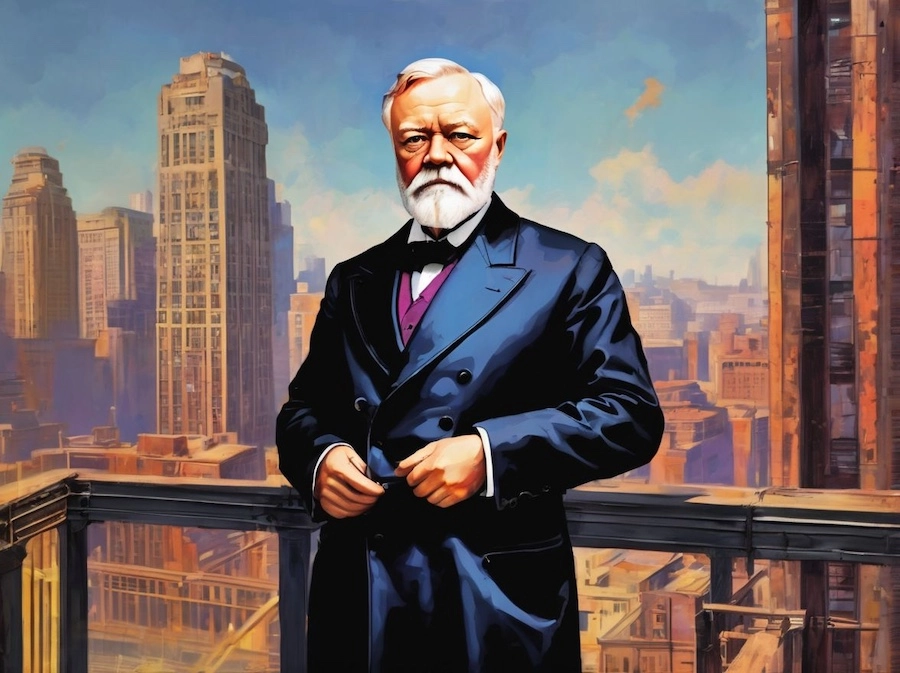















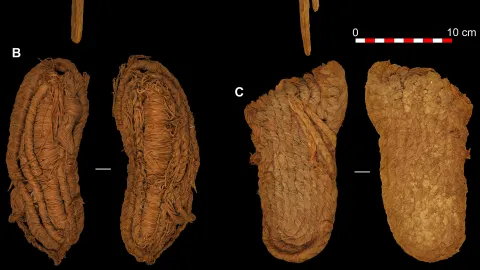

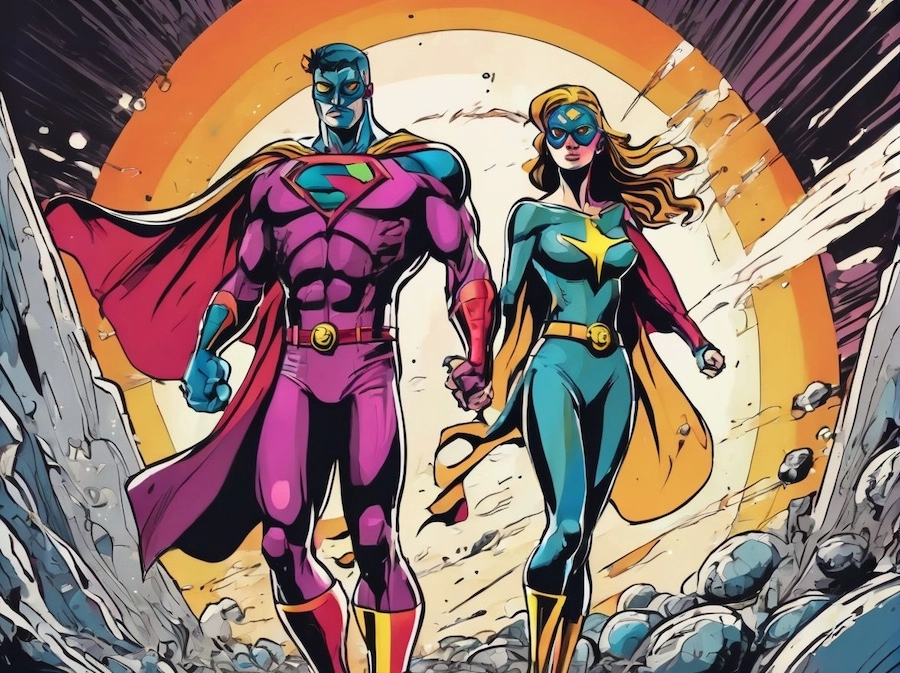








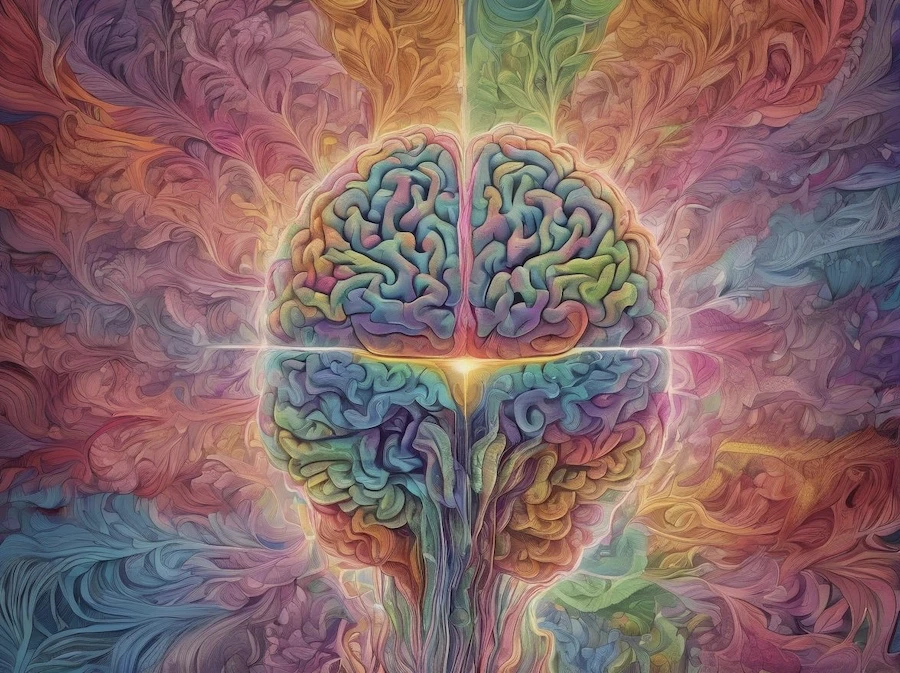











.webp)
.webp)
